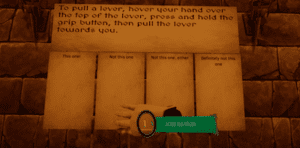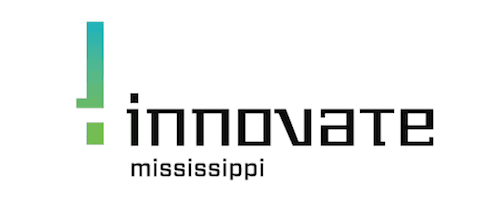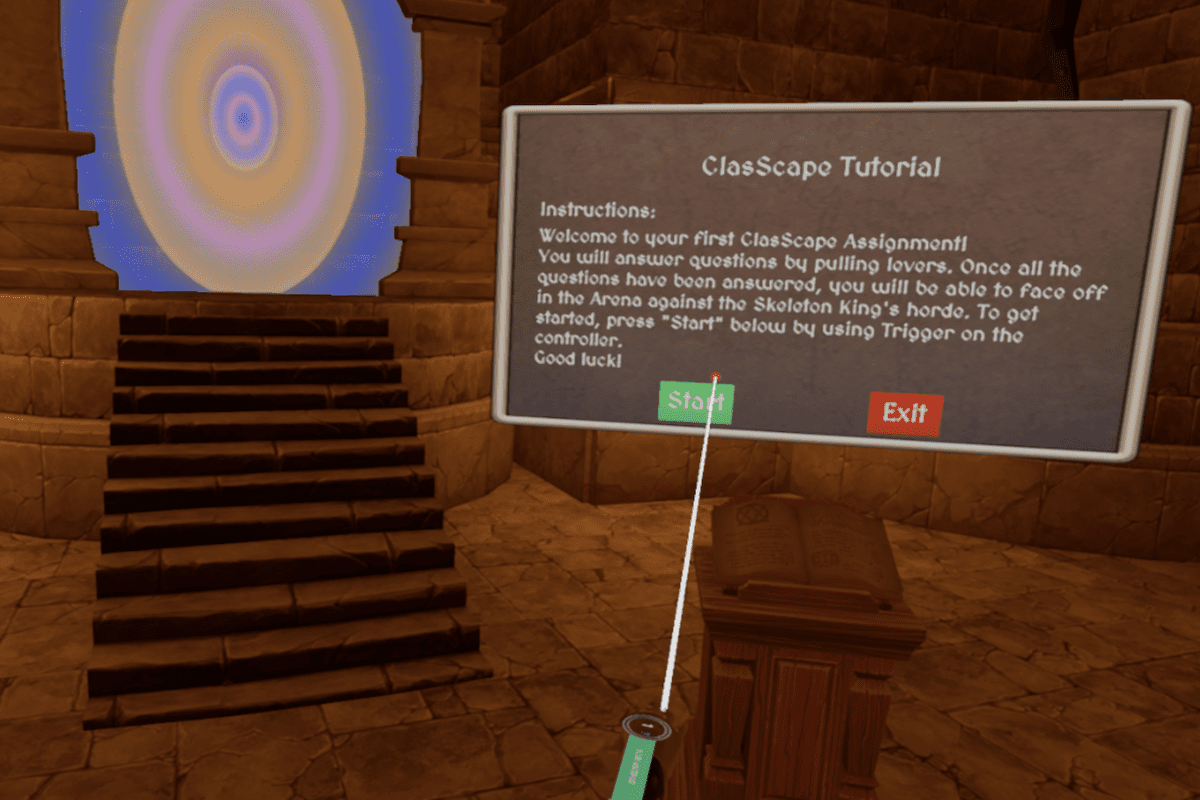ClasScape started at a hackathon on the Mississippi Band of Choctaw reservation when co-founders CEO Patrick Boudreaux and COO Dalton Pruitt went with an idea for using virtual reality, or VR, in classrooms. Boudreaux’s wife, a teacher, was having trouble engaging her students, and he thought virtual reality, or VR, could provide the answer. He says he didn’t get very far during the hackathon—”just geometric shapes you could click and answer a question”—but that several educators present that day encouraged him to continue developing it.
So, as students at Mississippi State University, the team turned to the MSU Center for Entrepreneurship and Outreach, or MSU E-Center, to go through their VentureCatalyst program, raising $7,500 and teaching the two of them—a software engineer (Boudreaux) and a chemical engineer (Pruitt)—to be better entrepreneurs.
The next step was acceptance to a regional NSF I-Corps program, which helps STEM-oriented businesses get started with market research and learn more about what their company needs to offer to be successful. Boudreaux says they then got connected to Innovate Mississippi, which, in turn, led to them getting accepted in the national NSF I-Corps program.
“We went through that and learned that we need to expressly focus on the VR field,” he said, instead of trying to release software both for PC and for virtual-reality hardware. The education market is slow to change and saturated with PC-based software solutions, but there’s still a great deal of room in the market for new VR tools that help teachers engage their students in new material.
ClasScape is trying to address an exciting challenge—many schools are pouring money into VR headsets, but there isn’t enough to do with them. ClasScape’s software helps teachers make teaching materials and assignments available in VR—for instance, linking to a 3D educational video on Youtube, followed by the assigned project. When students complete the assignment, they are rewarded with a “brain break” in VR.

As of early 2021, ClasScape is working on a demo, which they’d expected to complete earlier in 2020 with angel funding. However, the COVID-19 pandemic hit just a few weeks before their funding pitch. Their potential investors let them know that education startups would be too risky while the pandemic made it hard for schools to open and classes to meet.
As a result, they’ve worked more slowly on their demo program while applying for Federal grants through the SBIR program. They hope to secure grant funding in 2021 to finish the demo and pitch the software to teachers and schools.
ClasScape has Vince Jordan, founder of Jackson-based Lobaki, as a mentor. Lobaki writes VR software and helps schools and universities install VR labs, so ClasScape’s software should be an excellent complement to what Lobaki offers.
ClasScape got early funding through the Mississippi Seed Fund administered by Innovate Mississippi, which has helped them further develop their software and build out their marketing website. Boudreaux said the team at Innovate Mississippi gave them valuable advice for improving their demos, how to market during the COVID-19 pandemic and how to use their contacts to further their sales and product testing opportunities.
Boudreaux said that through this whole process, he’s learned how much your product can change through customer interactions and feedback such as those encouraged during NSF I-Corps.
“You’re constantly evolving as you talk to people and change. We pivoted so much during I-Corps; it gives you great insight into what to do,” he said.

